An inside look at how Customs & Border Protection cracks down on counterfeit items
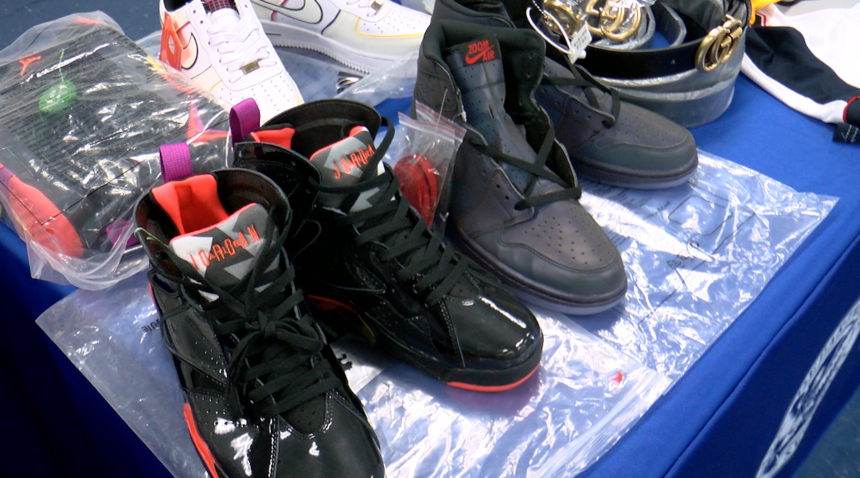
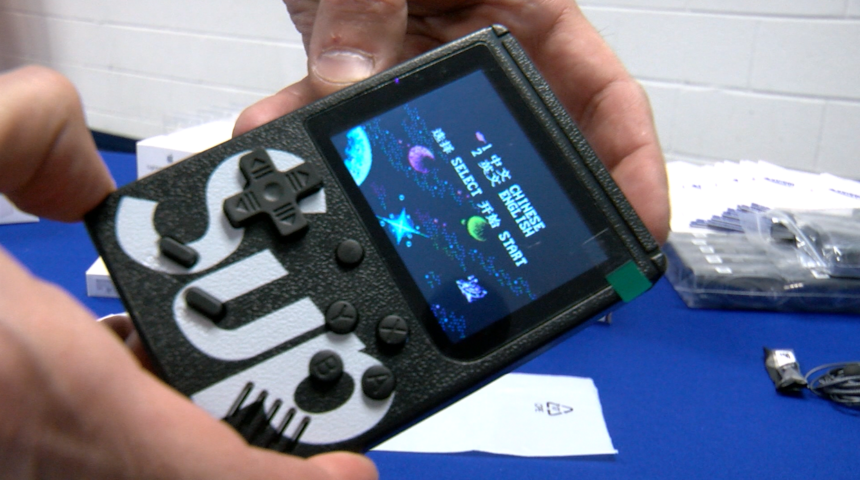
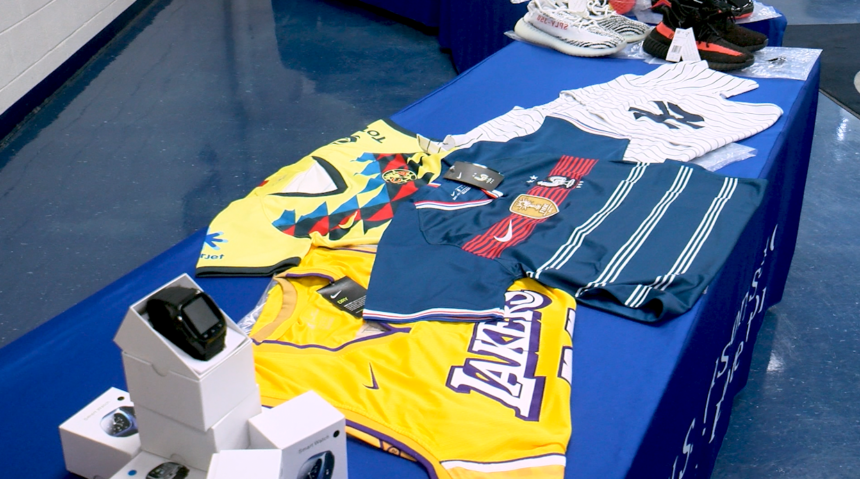
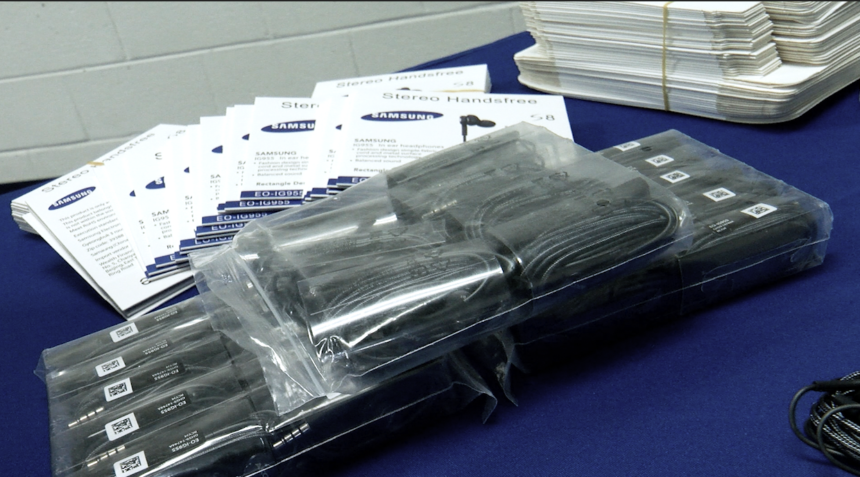
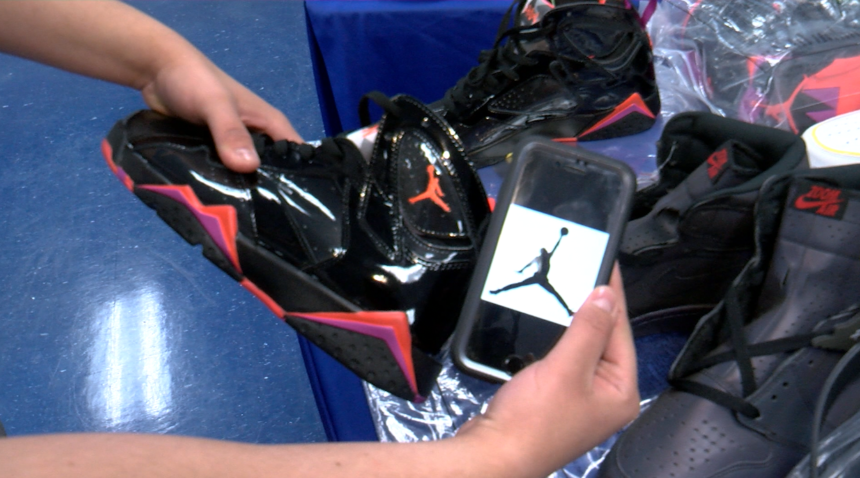
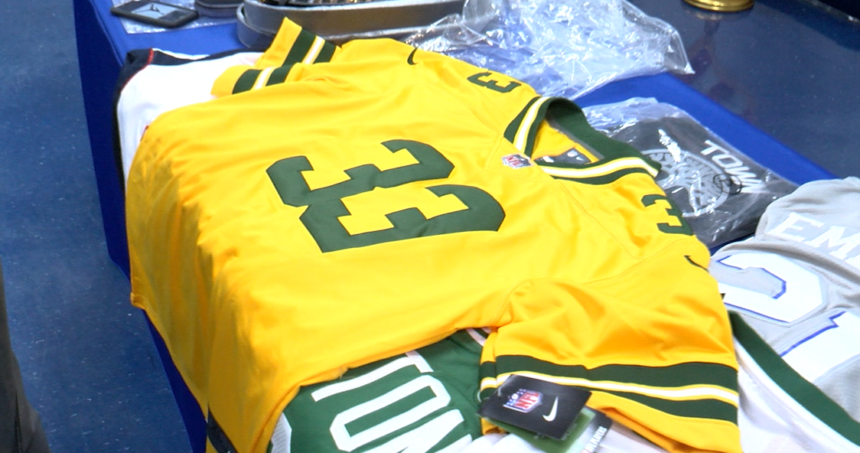
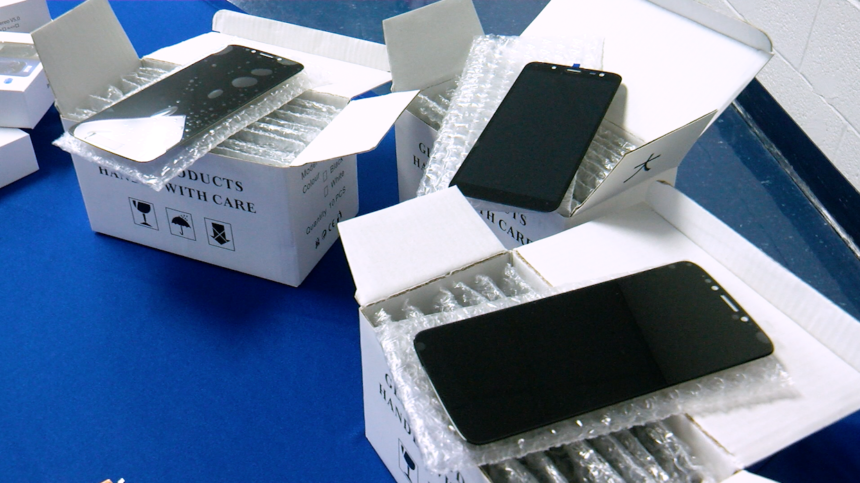

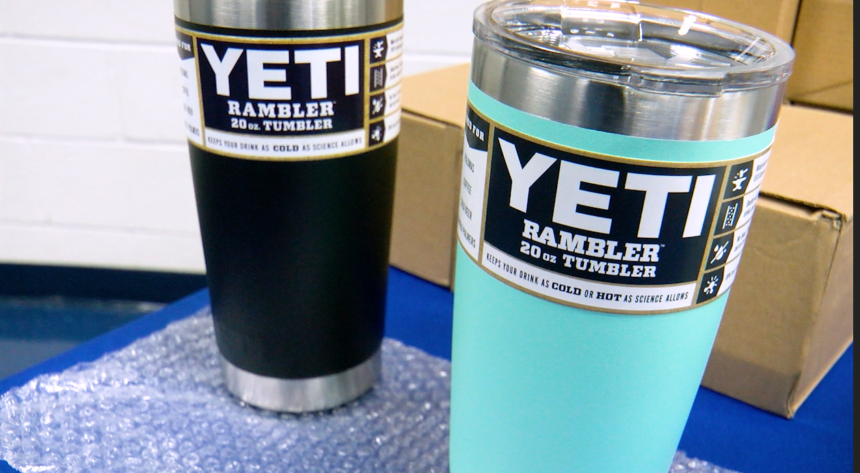
EL PASO, Texas (KVIA) -- Customs and Border Protection's mission is to keep the country safe, and the agency is focusing more and more on stopping counterfeit items from making their way into the U.S.
"Some of them are so close you wouldn't know by the naked eye," El Paso Port Director Beverly Good said.
While officers at ports are mostly focused on seizing dangerous drugs and weapons, they're always on the lookout for fakes. They can still pose a threat to the public.
"An electronic device that is not, doesn't have a u.s. Patent that is counterfeit, we don't know who made that. Or where that was made so that could malfunction or potentially hurt the consumer that purchased that," Good said. "Same thing with pharmaceuticals. They're not FDA approved."
Officers look for inconsistencies in packaging, and sometimes a nervous driver may tip them off.
“When the truck comes in initially to the primary officer, they look at the paperwork," El Paso cargo lot chief Mario Holguin said. "In the paperwork and the computer, we’re supposed to have a matching document."
Holguin said that if the paperwork doesn't match their cargo, that could be a giveaway.
"You got to be very, very careful because you never know what you're going to get until you receive it, and by then it may be too late," he said.
Good tells ABC-7 that while the majority of counterfeit items coming to the U.S. come through air freight, more than $6 million of fake goods were seized at El Paso ports of entry over the last two years.
Last week, DHS announced that counterfeit good seizures across the whole border increased by 10 times from 2000 - 2018.
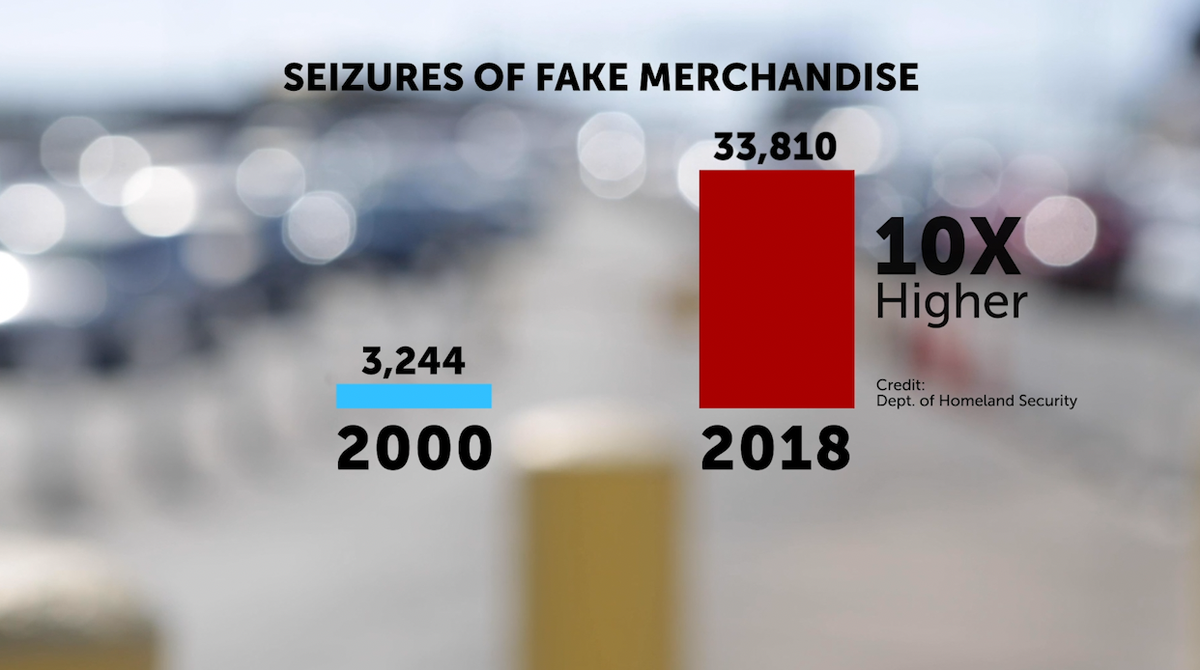
"If it's too good to be true, too good a price, then maybe that's true," Good said.
In El Paso, the most popular counterfeit items are clothes and electronics. When ABC-7 got a look at a recent seizure, it included a fake Aaron Jones Green Bay Packers jersey.
"That is one of many that have come through," Good said.
CBP said while some knockoffs are destroyed, the really convincing ones are kept for training. They say purchasing these fake goods is not a victimless crime.
"People that are legitimately creating or producing jerseys or a shirt or pants or whatever, those are the people that make our economy," Holguin said.
Anyone found guilty of trafficking could face up to 10 years in prison.
CBP launched an online campaign where people can report counterfeit items. It can be found here.
